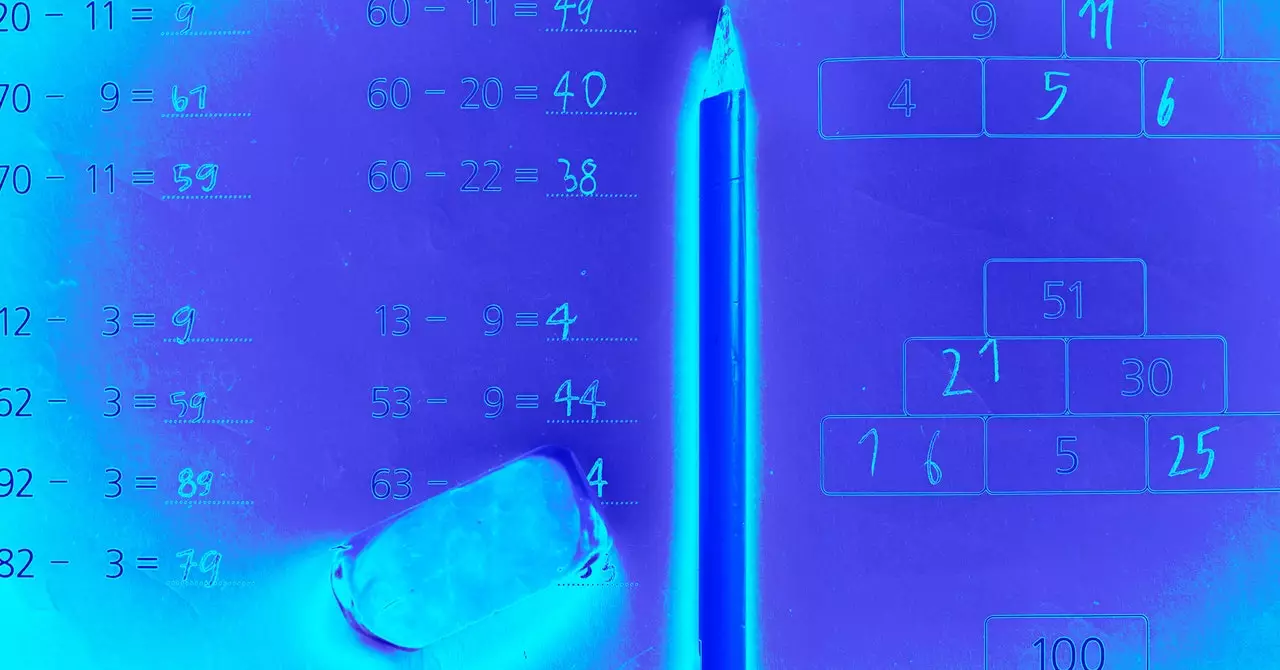The introduction of ChatGPT from OpenAI in late 2022 has had a profound impact on education, particularly in the realm of writing assignments. However, amidst the chaos and rush to detect AI-generated essays, another paradigm shift has been quietly taking place – the increased reliance on AI for completing math homework.
The Emergence of Math Homework AI
Today, students at both high school and college levels are increasingly turning to free smartphone apps that utilize generative AI to assist them in completing math assignments. One such popular app is Gauth, developed by ByteDance, the parent company of TikTok. While initially launched with a focus on mathematics in 2019, Gauth has since expanded to cover other subjects like chemistry and physics.
The growing popularity of apps like Gauth is evident from the millions of downloads and positive reviews they have received. It allows students to simply scan a math problem, whether in printed or handwritten form, using their smartphone camera. The AI model within the app then generates a step-by-step solution, often providing the correct answer as well.
Evaluation of AI Homework Apps
In a study involving high school-level algebra and geometry problems, Gauth’s AI tool demonstrated moderate success, achieving grades in the B to C range. However, it faltered when faced with more complex math questions, such as those in Calculus 2. This limitation suggests that while current AI homework apps may be suitable for basic math assignments, students at higher levels of education may find them less useful.
The Future of AI in Math Education
Despite the existing limitations, researchers are actively working on enhancing AI capabilities in solving complex math equations. Recent developments, such as the testing of AlphaProof by Google DeepMind at the International Math Olympiad, show promising results. While there is still a long way to go, the potential for AI to revolutionize math education is evident.
While apps like Gauth position themselves as study aids rather than cheating tools, the issue of ethical use remains a concern. The inclusion of an “Honor Code” on the company’s website highlights the importance of using such tools responsibly. However, the reality is that some students may be tempted to misuse these apps for academic dishonesty.
The integration of AI into math homework completion marks a significant shift in educational practices. While current AI tools have their limitations, ongoing research and advancements hold the promise of transforming the way students learn and engage with mathematics. It is essential for educators, students, and developers to navigate this evolving landscape thoughtfully and ethically.


Leave a Reply